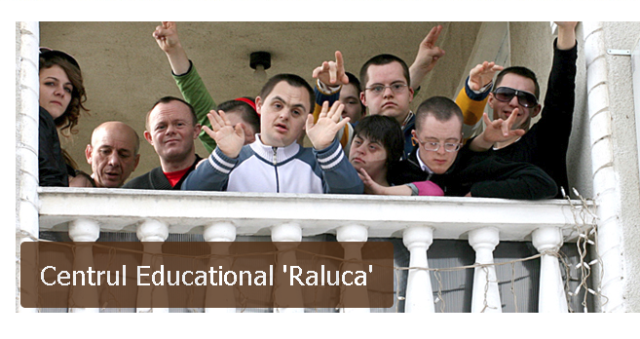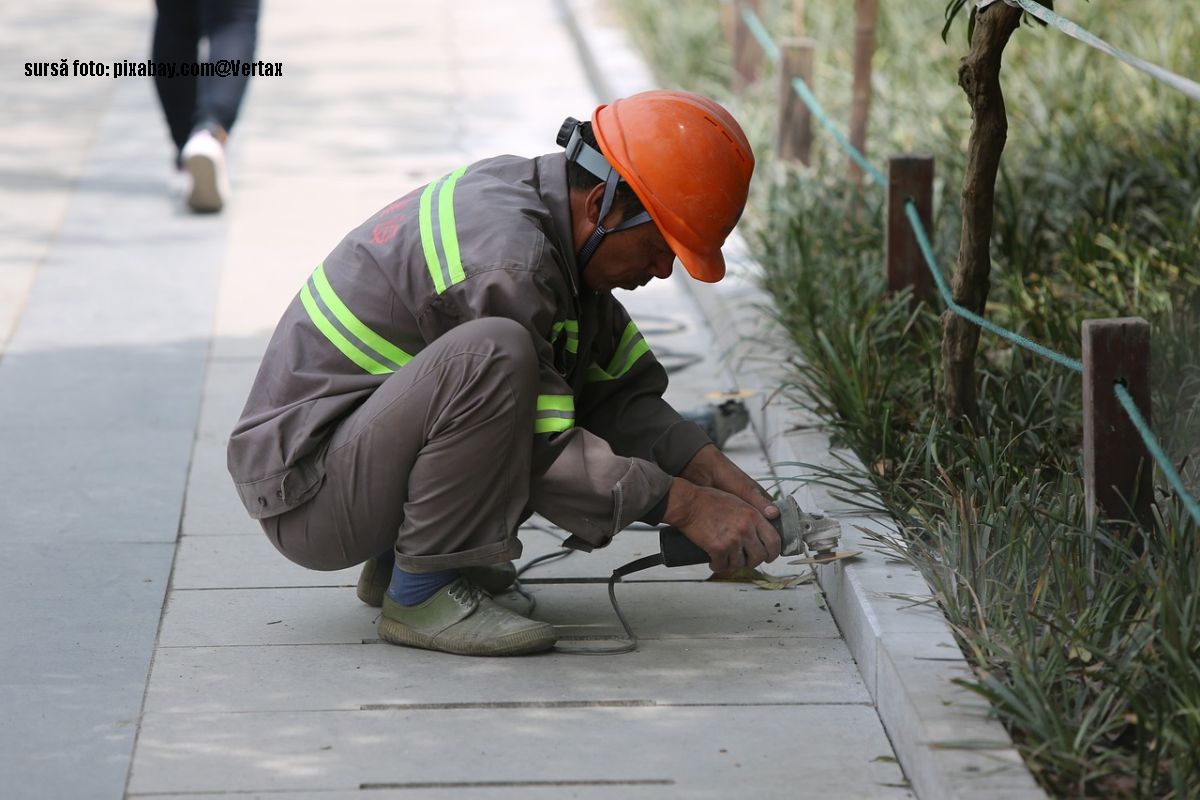Unconventional Terapies for Disabled Children
Helped by their parents in their first years of life, children suffering from various deficiencies or disorders will have to acquire the skills enabling them to be self-reliant and make a living at a certain point.

România Internațional, 10.09.2014, 12:43
Helped by their parents in their first years of life, children suffering from various deficiencies or disorders will have to acquire the skills enabling them to be self-reliant and make a living at a certain point. That is why various associations initiate activities and courses to help them. That is the case of “The Raluca Education Centre” based in Cluj, central Romania, which aims to aid youngsters with the Down syndrome. The Centre was established by Adriana Avram and her husband, who decided to help those youngsters and at the same time their own daughter, Raluca. Her mother says that after she finished school, Raluca was left outside society because she could not get any job.
Adriana Avram: “We started carrying out professional activities in the spring of 2013, when we laid out a half professional kitchen whose inauguration was attended by the first winner of the Master Chef Romania contest. Then I saw that those youngsters were very good at cooking; actually they cooked with him. On that occasion, we thought to give up the sandwich brought from home and cook lunch as part of the association. Since then, two young people have been on duty in the kitchen.”
In addition to cooking, the young people from the Raluca Education Centre like painting, making floral designs and festive ornaments. The skills they aim to acquire will be in similar areas. Adriana Avram:
Adriana Avram: “This year, we’ve held a course for flower landscape painters, which gives the trainees a diploma that is recognized. We’re now running courses for commercial workers but the naked truth is that they have slim chances to get a job. That is due to the fact that the potential of people with the Down syndrome is unknown. We have decided to open a protected unit this year, where all people who are members of our center can work. Moreover, we’re thinking to do something in the food sector. I don’t know yet what that “something” is going to be because we have to cope with a lot of prejudices and a great deal of reticence.”
The one place where young people with the Down syndrome were given a warm welcome is a pizza restaurant in Cluj, where one of the young people from the Raluca Education Centre is doing practical training.
Better known abroad than in Romania, dyslexia is a developmental learning disorder that is difficult to identify in a child’s first years of school. Consequently, children with a normal IQ can have reading and writing difficulties. Sometimes, they can have difficulty in acquiring mathematical notions, which translates as miscalculation. For such children and their parents, the company OMV Romania organized the first camp for developing the personality and creativity of dyslexic children in Romania, with the support of the Romanian Association for Dyslexic Children of Targu Mures, a city in central Romania. The camp is part of the company’s social program “Move and Jump”, whose motto is “Move on with reading”, the first programme on dyslexia in Romania.
Actress Angela Ioan, founder of the “Bucharest Association for Dyslexic Children” and mother of a dyslexic girl, explains the structure of the camp:
Angela Ioan: “The camp has two sections. The first section included children up to 10 years of age and a group of older children who also had learning difficulties, but who overcame it to a great extent. My 15-year old daughter was also part of the group, together with a 17-year-old girl and a young woman, who was suffering from dyslexia and is now a psychologist. The second section of the camp includes older children. The exercises and activities carried out in the camp focus on knowledge and self-knowledge and aim to establish relationships between parents and children. A lot of work was put into providing cohesion between parents, between children, and then between children and parents. In the end it was a camp for dyslexic children. Parents had the revelation of seeing that, school problems aside, their children are extraordinary.”
Proof of that quality is that dyslexic children tend to have strong artistic inclinations, which can only be developed by cultivating their self-confidence and trust from parents.
Angela Ioan: “The main topic that emerged from our discussions and activities was trust. We saw that we are lacking in this quality, that we came to the camp with too little trust in our ability to help our children with this, even though we knew in theory that they can be exceptional. Also, some of the children lacked self-confidence, but have realized, by coming into contact with children like them, that their problem had solutions. They gained self-confidence, just as we, the parents, overcame our lack of confidence, leaving this place with positive feelings. “
Therefore, with a lot of trust in the children’s abilities, society can make room for these young people who, like any other young person, only need a bit of encouragement.






























